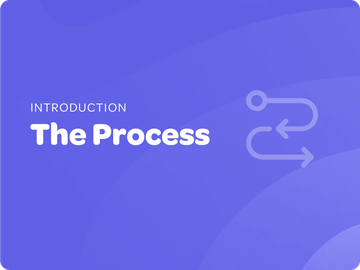The Process
Note: You’ll need a core team of about 3 to 5 people to drive the process.
Don’t worry—the DSB process is not a full-time commitment. It can be flexibly paced and depends on your availability. The full time needed for the DSB is around 10 to 12 days, including workshop facilitation and planning time. The entire process could take up to 3 to 6 months depending on the availability of stakeholders and time for planning.
The process you’ll follow
There are five key phases in the DSB process. In each phase, you’ll be inviting people to join you, so you’ll mostly be working in small and large teams. The journey can go as fast or as slow as you’d like it to. Here’s what you’ll be covering:
Phase 1: Initial Insights
A critical first step where the core team of people leading the DSB process analyse existing data, get buy-in from decision-makers, and create a plan, budget, timeline, and logistics for the whole DSB process. Don’t skip this step or you won’t have a DSB process!
- Module A - Build a Team: decide who will lead the DSB process and which decision-makers you’ll need for approval and support.
- Module B - Gather Data: collect information about the current immunization status and any existing demand strategies in your area.
- Module C - Plan & Invite: identify the participants needed to develop the strategy and send out invitations.
- Module D - Manage Finances: plan how to fund the DSB process and explore funding options for strategy implementation. **
- Module E - Organise Logistics: plan the workshops and field data collection activities.
Phase 2: Workshop One
A two-day in-person workshop with key system-side and community representatives. During the workshop, you’ll 1) confirm which locations and communities the strategy will focus on, 2) explore key barriers to vaccination, and 3) plan for Field Insights.
Module A - Validate: confirm the priority locations, communities, and immunization objectives for your strategy.
Module B - Who: learn about your priority communities using a “persona” activity.
Module C - Why :identify and prioritise reasons why people aren’t getting vaccinated from the view of caregivers and the healthcare system.
Module D - Her First: identify reasons why access to vaccination may differ for men and women.
Module E - Field Plan: plan field visits to confirm your ideas and collect data.
Average Rating: ☆ ☆ ☆ ☆ ☆ (0 reviews)


